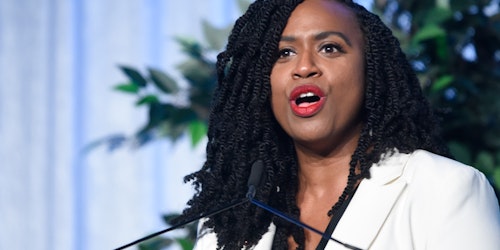Estimated reading time: 3 minutes
In my opinion, the biggest blow the coronavirus dealt to my country of Nigeria was to the education system. Post-COVID statistics show that over 18 million children are out of school. I should know; I was one of them. From 2020 until 2022, I was out of the school system, and it’s all because of COVID-19.
When the virus first hit, I was in a private high school, complaining that I couldn’t get a break from school.
“How can there be a virus and I’m still learning?!”, I had asked.
While I moaned, my neighbors—a brother and sister who attended public schools—went without an education. When their schools finally opened, they went intermittently: The brother went on Mondays and the sister went on Tuesdays; one day on, the other off, until the end of the week.
In hindsight, I would eat my words. I want to learn. I need to learn. I have dreams I want to pursue. In seeking affordable tertiary education, my parents enrolled me in a public university, one of the oldest universities in the country. That was in 2020. In 2022, the lecturers embarked on a strike to protest their owed salaries. Over six months and there was no end in sight.
I want to learn. I need to learn. I have dreams I want to pursue.
This is a sad, terrible story but when I think about the girls in the northern part of Nigeria where schools were shut because of the growing insecurity, or in other countries where girls can’t be educated because they’re married early or threatened by violence, I drop my metaphorical violin. This issue is so much bigger than this.
During the COVID-19 virus:
- Girls were more vulnerable to adolescent pregnancies and child marriages.
- Girls were pulled out of school due to increasing cost of living expenses to hawk items on the road or other low-paid work.
- Girls were kidnapped in northern Nigeria and many haven’t been found.
I always thought that I knew how bad the education system was until I got smack in the middle of it. In 2021, the number of girls out of school was about 6 million. In 2022, girls made up over 60% of the 18 million out-of-school Nigerian children – a whopping 10 million!
You can not convince me that COVID-19 did not widen the gap—not only in Nigeria but throughout Africa.
But we don’t have to sing dreary tales by the fire at the new moon. We can act and we can hold our leaders accountable. Let’s start by having educated discussions and learning more about the world around us. Let’s start by speaking up for the teachers, making sure they get all they deserve. Let’s start by voting for leaders who care about the gender gap and are passionate about education as a whole.
We can do this; we have to. If we don’t, girls like me—and those more vulnerable than me—don’t have a future.
The views and opinions expressed in this blog are the writer’s own.








